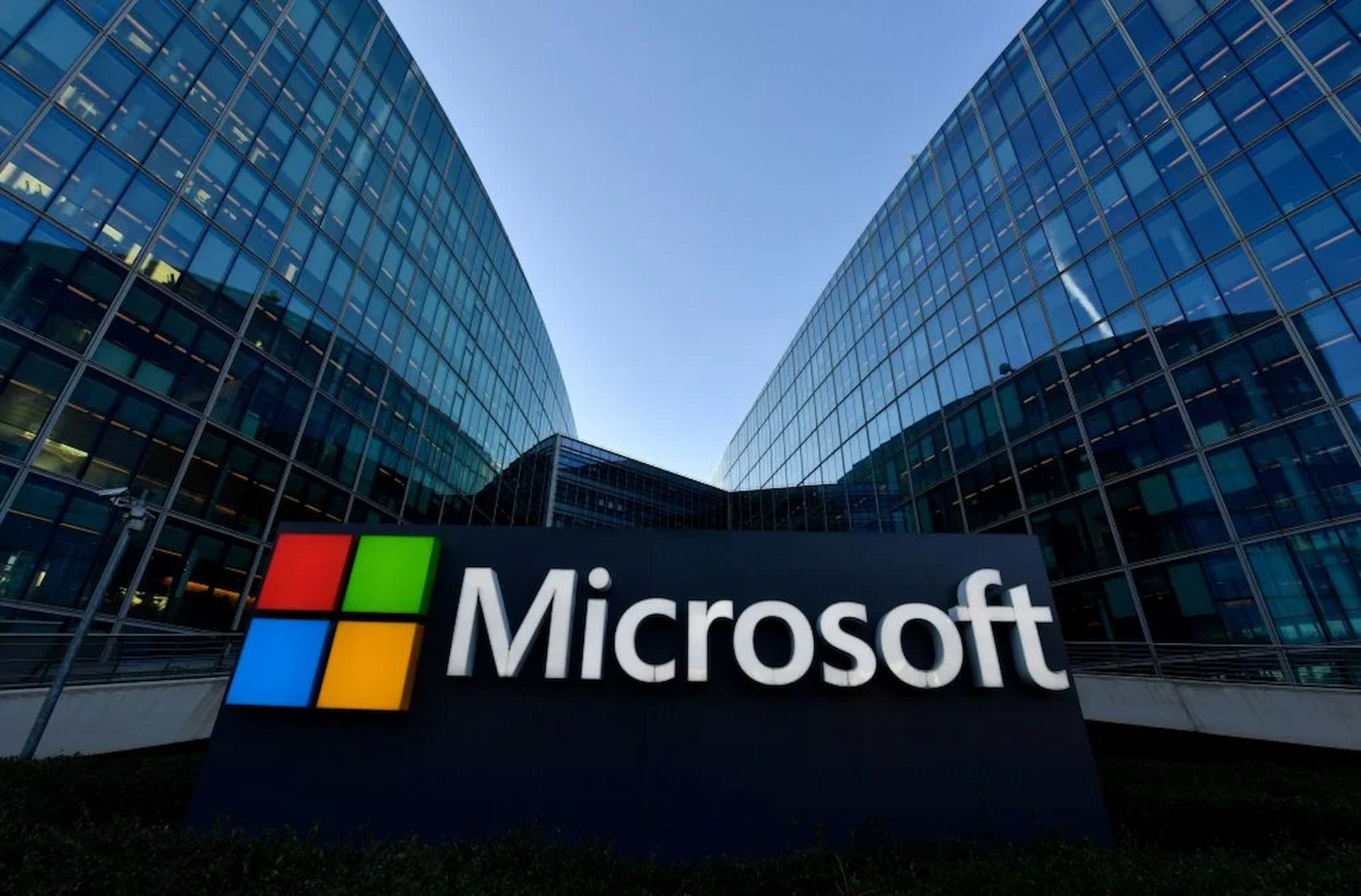A phishing campaign exploits Microsoft Teams’ external communication features, with attackers posing as IT helpdesk staff to gain access to screen sharing and remote control. The method sidesteps traditional email security controls by using Teams’ default settings.
The attacks exploit Microsoft 365’s default external collaboration feature, which allows unauthenticated users to contact organisations. Axon Team reports attackers create malicious Entra ID tenants with .onmicrosoft.com domains or use compromised accounts to initiate chats.
Although Microsoft issues warnings for suspicious messages, attackers bypass these by initiating external voice calls, which generate no alerts. Once trust is established, they request screen sharing, enabling them to monitor victims’ activity and guide them toward malicious actions.
The highest risk arises where organisations enable external remote-control options, giving attackers potential full access to workstations directly through Teams. However, this eliminates the need for traditional remote tools like QuickAssist or AnyDesk, creating a severe security exposure.
Defenders are advised to monitor Microsoft 365 audit logs for markers such as ChatCreated, MessageSent, and UserAccepted events, as well as TeamsImpersonationDetected alerts. Restricting external communication and strengthening user awareness remain key to mitigating this threat.
Would you like to learn more about AI, tech, and digital diplomacy? If so, ask our Diplo chatbot!










